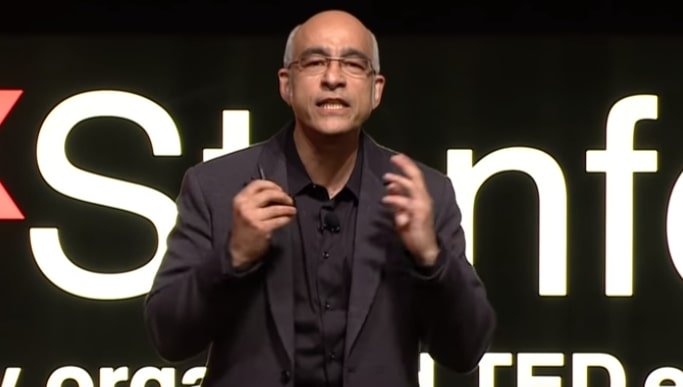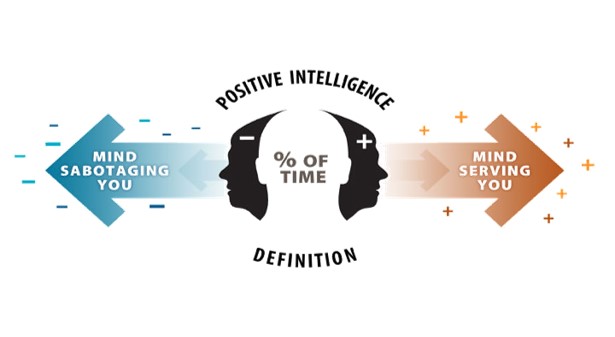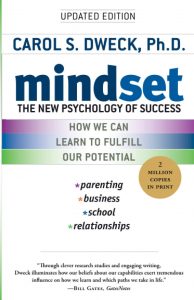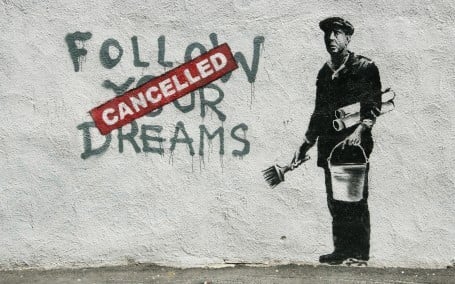With the Olympics underway—with all the competition, drama, and intrigue—what can we learn from them not only about excellence and teamwork but also about life and leadership?
Sure we admire the grueling physical feats and the mental preparation. The years of punishing practices, discipline, focus, and skill-building that go into the nine-second sprint, the epic overtime soccer match, or the attempt to shatter records.
Part of what’s great about the Olympics is the quest for excellence—and the occasional flash of it that electrifies the world. “Excellent” is one of the three components of our “triple crown leadership” model (the others are “ethical” and “enduring”).
So what can we learn about personal and professional excellence as we watch the Olympic athletes in action? Much, it turns out. Here are ten lessons:
1. Excellence begins with a dream and a burning desire.
- Who are you, and what is your quest? What would be a good life and career for you? What’s your deeply motivating pursuit? The legacy you aspire to?
“Somewhere behind the athlete you’ve become and the hours of practices and the coaches who have pushed you… is a little girl who fell in love with the game and never looked back. Play for her.”
-Mia Hamm, legendary U.S. women’s soccer champion
2. Excellence is the result of a systematic and disciplined process and pursuit.
Are you playing the long game? Do you have systems in place to get a little better each day? And to track progress?
“Excellence is the gradual result of always striving to do better.”
-Pat Riley, legendary former NBA basketball coach and player
3. Excellence is only possible with discipline and deliberate practice.
Have you “turned pro” and committed to doing the work (even when—or especially when—you don’t feel like it)? Do you have a coach and a regimen of deliberate practice?
4. Excellence requires Herculean effort and a relentless work ethic.
Operating at such a high level requires extraordinary effort and a willingness to push past thresholds of pain and fatigue. It requires a commitment to doing the long and hard work of mastering your craft.
“Desire is the key to motivation, but it’s determination and commitment to an unrelenting pursuit of your goal—a commitment to excellence—that will enable you to attain the success you seek.”
-Mario Andretti, Italian-born American car racing legend
5. Excellence requires alternating cycles of intense training and recovery.
The best athletes are as intentional and disciplined about rest and renewal (including sleep and mindfulness) as they are about their training. Otherwise injuries and burnout are likely to follow.
6. Excellence requires overcoming adversity.
There’s no easy path. We live in a competitive context with hungry and talented rivals and unforgiving markets that change quickly. We’ll face setbacks and failures. That’s the real test: how do we respond?
“The harder the conflict, the more glorious the triumph. What we obtain too cheap, we esteem too lightly.”
-Thomas Paine, political activist and revolutionary
7. Excellence is a function of the team, not only the individual.
Most of what we do is a group endeavor, not an individual one. As we say in our book, Triple Crown Leadership, “leadership is a group performance.” Even mostly individual functions require support from family, friends, colleagues, mentors, and coaches, and handoffs between teams or divisions.
“I am a member of a team, and I rely on the team, I defer to it and sacrifice for it,
because the team, not the individual, is the ultimate champion.”
-Mia Hamm, legendary U.S. women’s soccer champion

8. Excellence requires going for it—putting ourselves on the line in the face of potential failure.
There are no guarantees. Our mettle will be tested. What are we willing to risk—and why, and for whom? As the Roman poet Virgil wrote, “Audentis Fortuna iuvat” (“Fortune favors the bold”).
“Who dares wins.”
-British Special Air Service (SAS) motto
9. In the end, it’s about something much larger than victory or success alone.
We must prepare not only for the race but the years after it too, and how we handle ourselves during the preparation for it.
“The moment of victory is much too short to live for that and nothing else.”
-Martina Navratilova, legendary tennis player
10. Be grateful for the opportunity to participate—whether as an athlete, trainer, coach, family member, or spectator.
It’s a gift to be savored. The Olympian pledge captures the spirit of the Games:
“Ask not alone for victory. Ask for courage. For if you can endure, you bring honor to yourself.
Even more, you bring honor to us all.”
As we enjoy the Games, let’s watch not only the events and standings but also look at what they reveal about us and our lives and work.
Tools for You
- Traps Test (Common Traps of Living) to help you identify what’s getting in the way of your happiness and quality of life (new book in the works on this)
- Goal-Setting Template (Beyond SMART Goals) to help you set goals you can achieve based on best practices
- Quality of Life Assessment to help you discover your strongest areas and the areas that need work and then act accordingly
Related Articles
- “What I Learned about Life from Playing Sports“
- “What I Learned about Leadership from Playing Sports”
Postscript: Inspirations on Excellence in Sports and Beyond
- “Champions aren’t made in the gyms. Champions are made from something they have deep inside them—a desire, a dream, a vision.” -Muhammad Ali, legendary boxing champion
- “Don’t put a limit on anything. The more you dream, the further you get.” -Michael Phelps, gold-medal swimmer
- “Being a professional is doing the things you love to do—even on the days you don’t feel like doing it.” -Julius Erving (Dr. J), legendary basketball player
- “Success is no accident. It is hard work, perseverance, learning, studying, sacrifice and most of all, love of what you are doing or learning to do…. Everything is practice.” -Pele, legendary Brazilian soccer champion
- “I am building a fire, and every day I train, I add more fuel. At just the right moment, I light the match.” -Mia Hamm, gold-medal soccer player
- “Nothing can substitute for just plain hard work.” -Andre Agassi, gold-medal tennis player
- “Success comes from knowing you did your best to become the best that you are capable of becoming.” -John Wooden, legendary basketball coach
- “Perfection is not attainable, but if we chase perfection we can catch excellence.” -Vince Lombardi, legendary football coach
- “The main ingredient in stardom is the rest of the team.” -John Wooden, legendary basketball coach
- “I learned a long time ago that there is something worse than missing the goal, and that’s not pulling the trigger.” -Mia Hamm, legendary U.S. women’s soccer champion
- “Failure I can live with. Not trying is what I can’t handle.” -Sanya Richards-Ross, gold-medal track and field athlete
- “I don’t run away from a challenge because I am afraid. Instead, I run toward it because the only way to escape fear is to trample it beneath your feet.” -Nadia Comaneci, gold-medal gymnast
- “He who is not courageous enough to take risks will accomplish nothing in life.” -Muhammad Ali, gold-medal boxer
- “The difference between Olympians and the rest of us is: they behave as longtime friends who occasionally compete, while we behave as longtime adversaries who occasionally get along.” -Nelson Mandela, former South African president
- “The most important thing in the Olympic Games is not winning but taking part; the essential thing in life is not conquering but fighting well.” -Pierre de Coubertin, father of the modern Olympic Games
+++++++++++++++++
Gregg Vanourek is a writer, teacher, TEDx speaker, and coach on personal development and leadership. He is co-author of three books, including LIFE Entrepreneurs: Ordinary People Creating Extraordinary Lives (a manifesto for integrating our life and work with purpose, passion, and contribution) and Triple Crown Leadership: Building Excellent, Ethical, and Enduring Organizations (a winner of the International Book Awards). Get his monthly newsletter. Gregg was a co-captain of his high school and college soccer teams and high school track team, First-State in high school track, and collegiate Academic All-American soccer player (Division III). If you found value in this article, please forward it to a friend. Every little bit helps!















